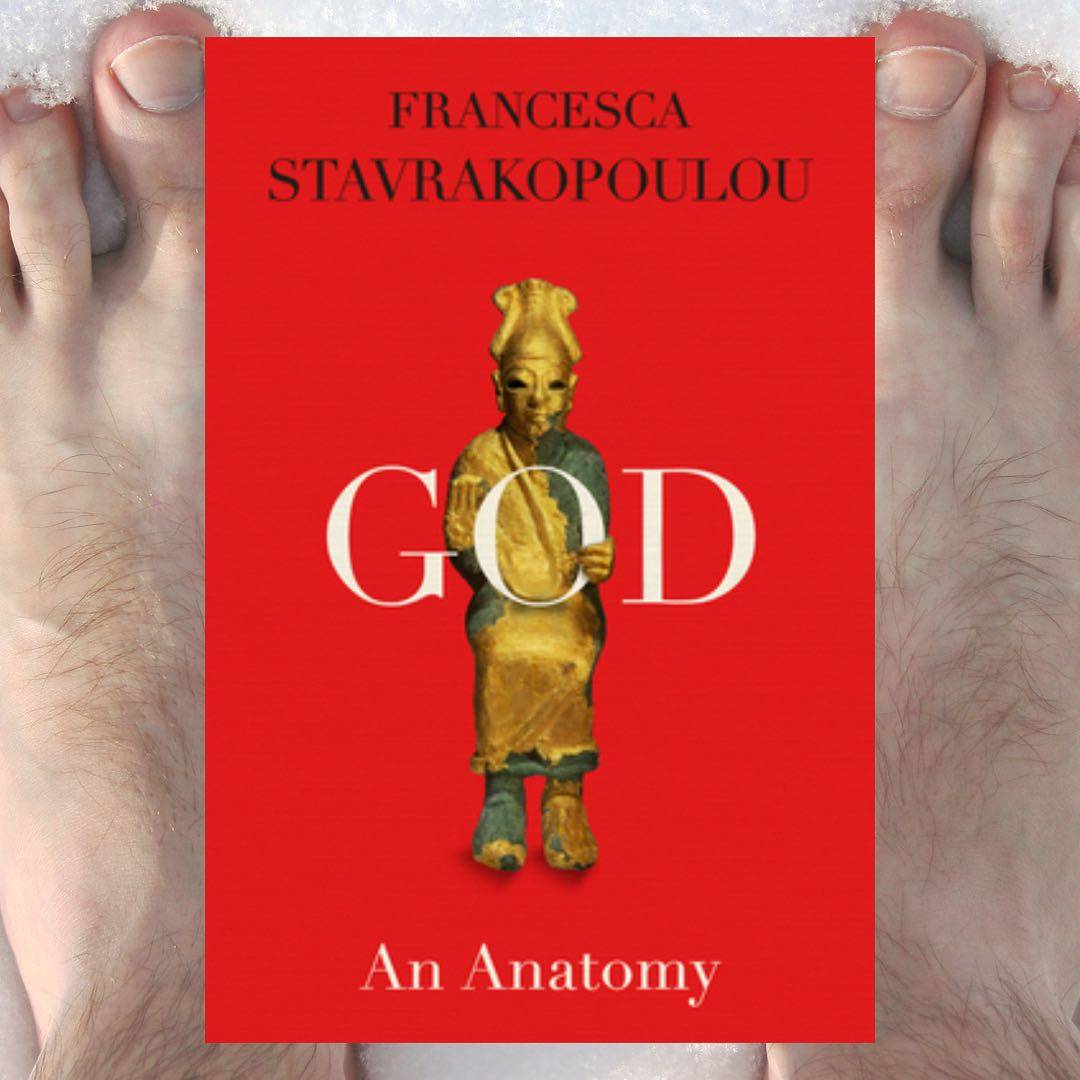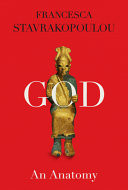
God: An Anatomy, by Francesca Stavrakopoulou (2022)
⭐️⭐️⭐️⭐️⭐️
Premise: A reassessment of common ideas about the biblical God‘s body (or lack thereof) in light of parallels in neighbouring ancient civilizations.
Review: This book has a simple and incontrovertible premise: Since the Bible talks about God the same as neighbouring cultures did, there‘s no reason to think ancient Israelites believed God not to have a body. Cont.
6 likes1 comment



















1w